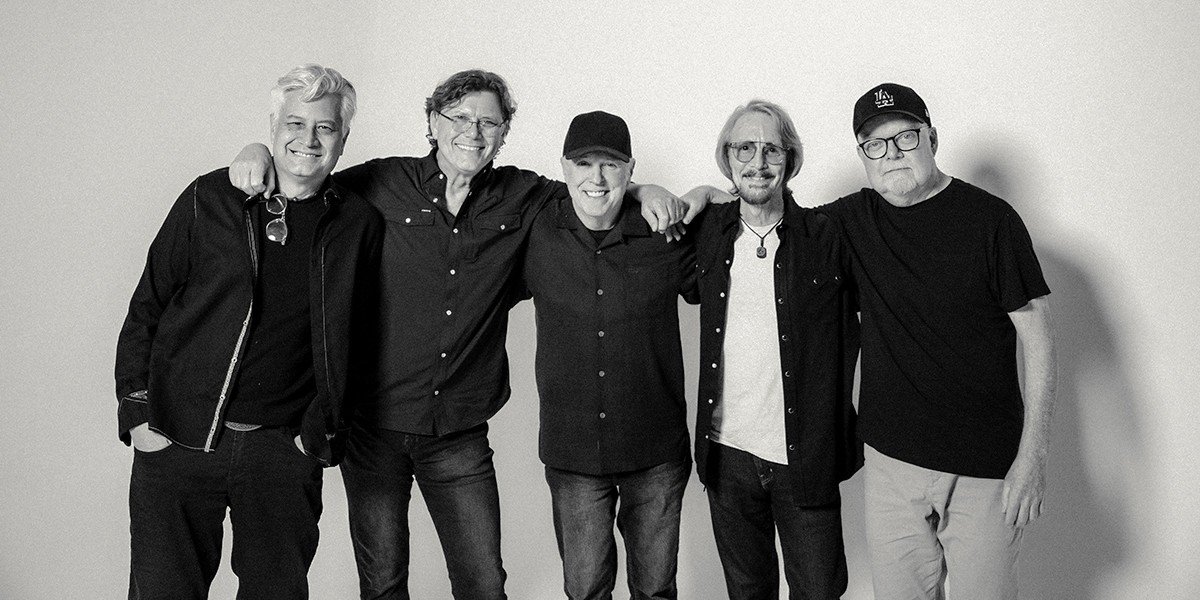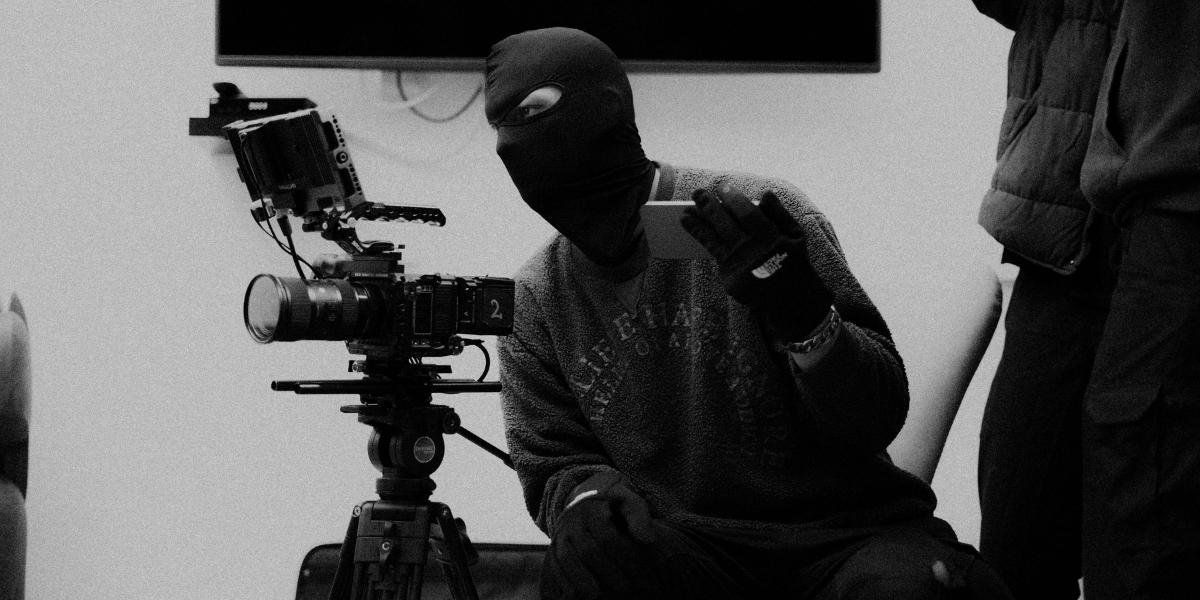What Makes Brazilian Music So Culturally Unique?
Music in Brazil is more than entertainment. It is a form of expression that carries the country’s identity, history, and soul. Brazilian music tells stories of struggle, celebration, and spirituality. Its rhythm is rooted in a mix of Indigenous, African, and European traditions, making it one of the most culturally diverse soundscapes in the world.
In every region of Brazil, music plays a central role in daily life. Whether in small villages or urban centers, people use music to connect, celebrate, and protest. Street festivals, religious ceremonies, and casual gatherings often turn into lively musical events, blending traditional and modern styles.
This rich cultural mix has created a music scene that constantly evolves. From the powerful beats of Afro-Brazilian percussion to the smooth melodies of acoustic guitar, the sound of Brazil reflects the spirit of its people.
Read Also: What It Means When an Artist Signs for a New Label
How Have African and European Roots Shaped Brazilian Music?
The roots of Brazilian music trace back to centuries of cultural exchange. Enslaved Africans brought rhythms and instruments that merged with Portuguese melodies and Indigenous traditions. This fusion led to genres that reflect both sorrow and resilience, joy and resistance.
One key influence is the use of percussion. Instruments like the atabaque, agogô, and pandeiro remain central in many styles. These sounds were often passed down orally, forming a vital part of the communal experience. Over time, European harmonies and melodies layered over African rhythms, creating the foundation for many genres still alive today.
Religious practices also played a role. Afro-Brazilian religions like Candomblé use music to honor deities and mark sacred rituals. These traditions deeply influenced secular styles, adding depth and emotion to both lyrics and rhythms.
What Are the Most Influential Genres in Brazilian Music?
Brazilian music includes a wide spectrum of genres, each with a distinct sound and cultural backstory. Samba stands out as one of the most recognizable. Born in Rio de Janeiro’s favelas, samba combines fast rhythms with expressive lyrics. It is now the heartbeat of Carnival, Brazil’s most famous celebration.
Another major genre is bossa nova. Known for its soft vocals and jazzy guitar lines, bossa nova emerged in the 1950s and became a global sensation. It introduced Brazilian artists to the world stage and influenced musicians in North America and Europe.
Forró, popular in the northeastern region, carries the flavor of rural Brazil. With accordion-driven melodies and danceable beats, it brings communities together, especially during festivals like São João.
More recent styles like funk carioca reflect urban life and social issues. Emerging from Rio’s communities, this genre speaks to youth culture, inequality, and resilience. While sometimes controversial, it gives voice to marginalized groups and continues to grow in popularity.
Tropicália, a 1960s movement, also deserves mention. It blended rock, psychedelia, and traditional Brazilian sounds in protest of authoritarian rule. This genre sparked debates about identity, art, and freedom, proving music’s power to shape society.
How Does Brazilian Music Reflect Social Identity and Resistance?
In Brazil, music has often served as a mirror for the social and political climate. Many songs are born from moments of tension or transformation. Artists use lyrics to comment on poverty, race, and government policy, making music a subtle form of resistance.
During the dictatorship, censored artists found creative ways to embed messages in metaphors and symbolism. These songs became anthems for freedom and change. Even today, musicians continue to address modern issues through their work.
Brazilian music also fosters pride in Afro-Brazilian and Indigenous heritage. Traditional rhythms and languages are being revived and celebrated in modern compositions. These efforts help preserve cultural memory and strengthen collective identity.
The connection between music and protest remains strong. Whether on the streets or in digital spaces, songs provide a channel for activism and solidarity. Music doesn’t just entertain; it educates, unites, and empowers.
Read Also: How Museums Help Us Connect With the Past
Why Does Brazilian Music Continue to Influence the World?
Brazilian music has crossed borders and inspired artists globally. Its rich rhythms, emotional depth, and unique structures have drawn the attention of composers, producers, and performers from around the world.
Collaborations with international musicians have helped bring Brazilian sounds into mainstream genres like jazz, pop, and electronic. The influence of Brazilian guitar techniques and percussion can be heard in studios from Los Angeles to Tokyo.
Streaming platforms now allow global audiences to access a wide range of Brazilian music styles. This digital reach is expanding appreciation for the country’s sound and introducing younger generations to its musical heritage.
Brazilian artists continue to innovate, blending traditional forms with electronic beats, hip-hop elements, and visual art. This creativity ensures that Brazilian music stays relevant while still rooted in history.
The pulse of Brazil lives in its music. It is vibrant, layered, and always evolving. Its rhythms carry stories that span continents and generations, making it one of the most powerful cultural forces in the world today.















